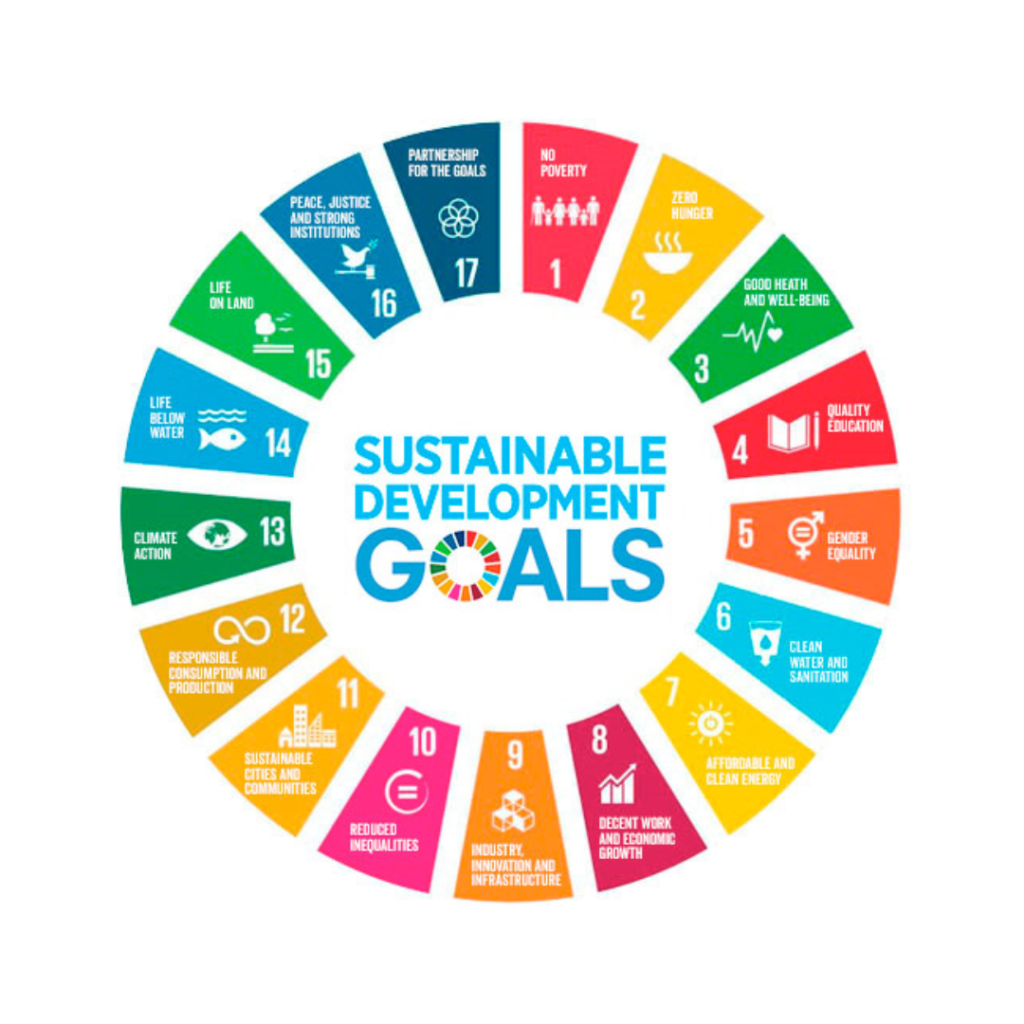Requesting partner(s):
Instituto Superior Politécnico de Manica Scientific, Investigation and Incubation Centre (ISPM)
Project number : OKP–TMT 20-00043

Instituto Superior Politécnico de Manica Scientific, Investigation and Incubation Centre (ISPM)
Entrepreneurship and gender equality in Mozambique
The majority of the agricultural work is done by women. Gender inequality and poor access of women to resources keep productivity low, and food insecurity and malnutrition high. Statistics show that 24% of the households are food insecure. Agriculture does not seem to be sufficiently attractive for young people. This new generation of future farmers (youth) needs to be challenged and encouraged to apply new, smart technologies to increase (all year) production, to have a better quality of life and generate more income. The sole availability of nutritious food is not a guarantee that nutrition security will be achieved.
An integrated and inclusive approach is requested. Innovations and enterprises should take nutrition or inclusivity as an entry point in developing their business approach. The Incubation Centre will be trained and coached on applying such an integrated approach, whereby sustainability factors such as environmental, social, and governance (ESG) are addressed, in line with what investors use in measuring the sustainability and societal impact of an investment in a business, next to its profitability. These criteria: environmental, social, governance and profitability help to better determine the future financial performance of companies (return and risk).
Instituto Superior Politécnico de Manica Scientific, Investigation and Incubation Centre (ISPM), established in 2005 in Mozambique, focuses on practical skills training to impact socio-economic development in Manica Province. Starting with Agricultural Engineering in 2006, ISPM now offers diverse programs including Forestry Engineering and Biotechnology. Its Business Incubator Centre, operational since the institute’s inception, supports students and local communities in developing business ideas and opportunities, with a strategic plan aiming to enhance its incubation services and community impact. The training aims to empower ISPM staff and trainers to assist incubatees in establishing sustainable small businesses that positively transform lives.
This TMT helps to solve the knowledge and skill problems within the training centre: The staff will be capacitated to support incubatees with tools, methods and skills to improve the entrepreneurial attitude, to understand the different business models and its timeline and analyse and to find a basis for business models for the acceleration programmes. Some of the training subjects are entrepreneurship, business plan development, financial management, business monitoring and evaluation, marketing, customer needs assessment, empowerment and gender inclusion and analysis, human resources management and networking.
Staff of the Incubation Centre will be capacitated through this training to better support youth (mainly agriculture, food technology, biotechnology, ecotourism and wildlife, accounting students/graduates of ISPM) and local community members (focusing on women) in identifying, developing and consolidating business ideas.
The following training subjects were incorporated in the training missions:

The training is linked to the priorities as mentioned in the Country Plan of Implementation, namely Food and Nutrition Security (FNS), with a focus on nutrition (Theme 1), interventions that contribute to job creation and stimulate entrepreneurship among youth (in agriculture) and interventions promoting equal opportunities for women and girls to participate in social and economic development.

Funded by the Dutch Ministry of Foreign Affairs and managed by Nuffic, as part of the Orange Knowledge Programme, project number OKP–TMT 20-00043.
Feb 2020 to July 2021
